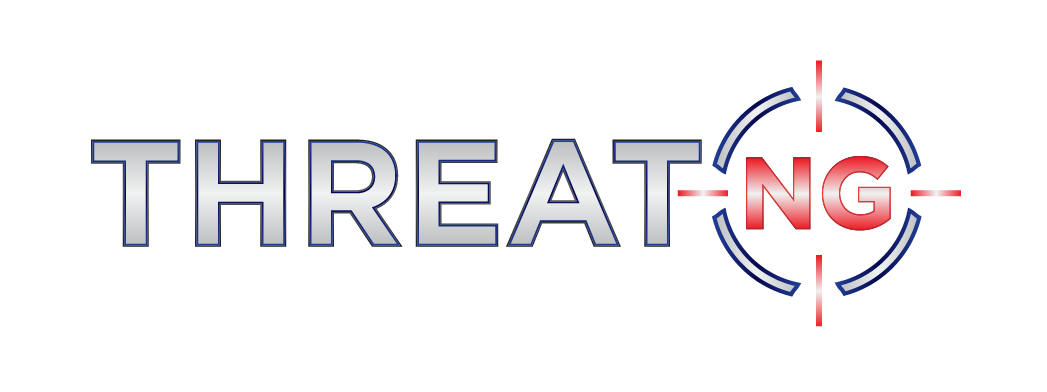Corporate Social Responsibility Disclosure (CSRD)
Corporate Social Responsibility Disclosure (CSRD) refers to the voluntary practice of companies to disclose information about their social, environmental, and economic impact and performance beyond the minimum legal requirements. CSRD can include various reports, such as sustainability reports, integrated reports, or environmental, social, and governance (ESG) information.
CSRD aims to enhance transparency and accountability in corporate activities and provide stakeholders with information to make informed decisions about the company's impact and performance. CSRD can cover various issues, such as labor practices, human rights, environmental performance, community engagement, supply chain management, and corporate governance.
CSRD has become increasingly important as consumers, investors, and regulators demand greater company accountability and sustainability. Many companies have adopted CSRD as part of their corporate strategy to improve their reputation, attract investors, and align their business practices with societal expectations.
An all-in-one external attack surface management, digital risk protection, and security ratings solution like ThreatNG can help an organization with Corporate Social Responsibility Disclosure (CSRD) in several ways:
External Attack Surface Management: ThreatNG can help organizations identify their external attack surface, including all the digital assets and online activities that attackers could target. By monitoring and managing their external attack surface, organizations can reduce the risk of data breaches, cyber-attacks, and other security incidents that could harm their reputation and impact their CSRD. For example, ThreatNG can identify unsecured web applications, vulnerable third-party services, and exposed sensitive information that attackers could exploit.
Digital Risk Protection: ThreatNG can help organizations monitor and protect their digital presence, including social media, brand reputation, and online customer interactions. By detecting and responding to digital risks, such as phishing attacks, and brand impersonation, organizations can demonstrate their commitment to protecting their stakeholders' interests and privacy. By proactively managing their digital risks, organizations can also prevent reputational damage that could negatively impact their CSRD.
Security Ratings: ThreatNG can provide organizations with security ratings that reflect their overall security posture and risk level. By monitoring and improving their security ratings, organizations can demonstrate their commitment to data protection, privacy, and compliance with regulations and standards. Security ratings can also help organizations benchmark their security performance against industry peers and identify areas for improvement that could enhance their CSRD.
By using an all-in-one external attack surface management, digital risk protection, and security ratings solution like ThreatNG, organizations can strengthen their security posture, protect their digital presence, and demonstrate their commitment to corporate social responsibility. This can help them build trust with their stakeholders, improve their reputation, and enhance their CSRD.

